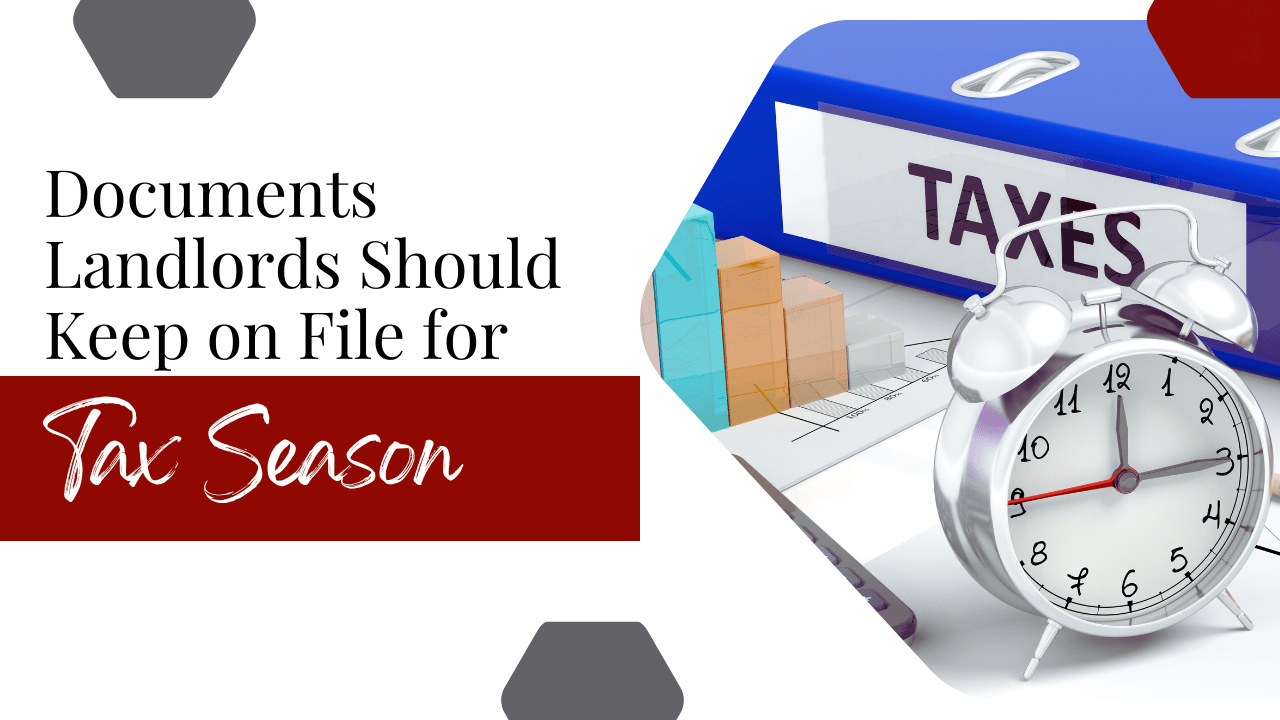
As tax time approaches, you’ll likely begin to gather all of the necessary documents and forms to file accurately and on time.
Your rental property will require its own paperwork. Whether you’re working with a CPA or a tax accountant or managing your own taxes, you’ll want to make sure you have the necessary documents on file.
We’re not tax experts. We’re Indianapolis property managers, and while we cannot file for you, we can help you make sure you have tax records that are clear, easy to understand, and free of errors.
Here’s what you should keep on file as you’re preparing to file taxes.
Statement of Income and Expenses
We provide our rental property owners with a Form 1099 MISC, which reflects all of the rent they were paid over the year. Whether this income is earned from one property or an entire portfolio, it gives you the numbers you need to accurately report your investment income.
If you’re not working with a management company, you should have a record of what you earned and what you spent. Print this out and keep it in your files so you can easily plug in the numbers you’ll need while filing taxes.
Receipts and Invoices Supporting Deductions
Owning a rental property in Indianapolis provides you with a number of fantastic tax breaks. To claim those deductions and reduce your tax liability, you may need to prove what you’re deducting. Keep all of your supporting documents that allow you to write off:
Repairs and maintenance. You can deduct the amount you spend on labor and materials when you make necessary repairs to your property that will keep it habitable.
Mortgage interest. You’re allowed to deduct any interest payments when you are paying off a mortgage for your rental property.
Professional services. When you hire an Indianapolis property manager, an attorney, a real estate broker, or any other professionals who assist you in the leasing, management, and maintenance of your property, you can deduct the fees you pay for those services.
Travel costs. When you travel to and from your rental property, you can deduct airfare, gas, and hotel costs.
You’re also able to deduct depreciation in most cases. While you may not need to submit receipts and invoices at the time you file, keep them with you in case you’re audited or more information is requested from you.
Leases, Indianapolis Property Management Agreements, and Other Paperwork
You won’t need a copy of your lease or your management agreement to file your taxes.
These documents can be helpful, however, when you’re completing information about your rental property.
The IRS may ask for some of your permanent records. These might include:
Loan documents for your property
Deeds and titles
Lease agreements
Inspection reports
Permits
Information on depreciable assets
Incorporation documents or HOA rules and regulations
Insurance policies
 How should you be storing these documents? It depends on your system. An electronic filing system is always going to feel easier to manage and a lot more streamlined than if you are documenting everything electronically.
How should you be storing these documents? It depends on your system. An electronic filing system is always going to feel easier to manage and a lot more streamlined than if you are documenting everything electronically.
For help as you’re preparing your tax return, contact us at Red Door Property Management. We can make sure you have everything you need before you file.








